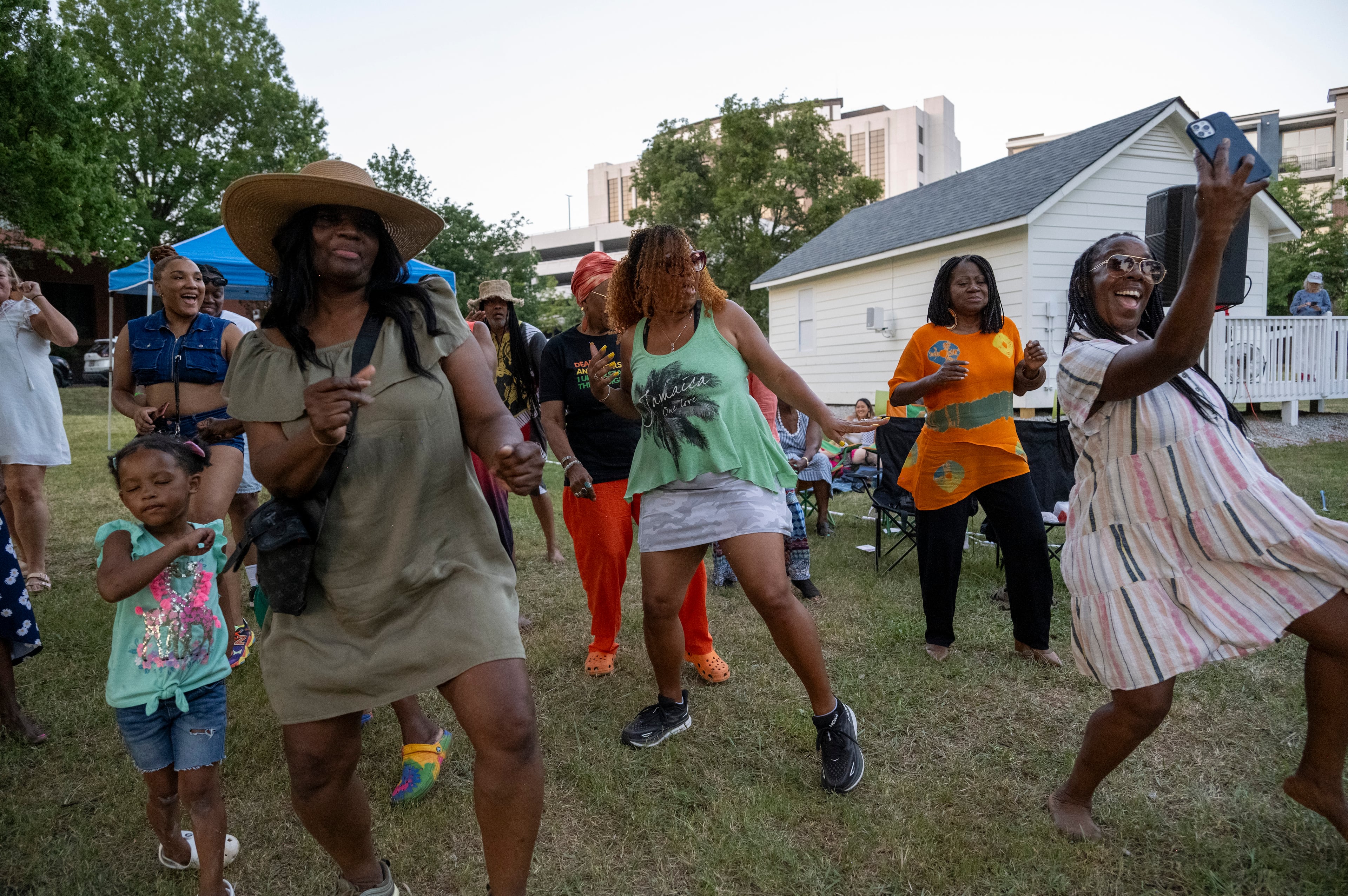OPINION: One small town that’s big on targeting street gangs
Fulton County District Attorney Fani Willis made a commotion this month by indicting the rapper Young Thug and 27 others on street gang charges.
“My number one focus is targeting gangs,” Willis said while announcing the blockbuster roundup. She claimed gangs commit most of the city’s violent crime.
For years, everyone from Georgia’s Governor Shotgun to metro prosecutors to local street cops have warned about the growing danger of street gangs. Agencies vow to get tough(er) on gangs, trying to reassure a public weary of constant reports of deadly shoot-em-ups.
Not only will Madam DA put young criminals in prison for robbing, shooting and stealing, Willis says she’ll hammer them even harder if they’re doing it as part of a street gang, as is allowed by a Georgia law.
After running that story, I spoke with Lou Dekmar, the veteran police chief from LaGrange, a city of 31,000 residents an hour-plus southwest of Atlanta, near the Alabama border. LaGrange’s website touts itself as “a growing progressive city just south of the busiest airport in the world.”
Another interesting factoid about LaGrange: It pays for a special prosecutor to focus on gang crimes. In the past five years, LaGrange police and the Troup County prosecutor have sent to prison almost as many defendants on gang charges as did Atlanta police and Fulton prosecutors. Yes, let that sentence sink in.
According the state Department of Corrections, Troup sent 147 people to prison on Street Gang Act charges since the start of 2017. During this time, Fulton sent 164 away on such charges. The only other jurisdiction with more imprisoned gang members was Cobb County, with 224.
The fact that Cobb leads the state in Street Gang Act convictions is not surprising, since prosecutor Michael Carlson, who specializes in that craft, toiled there for several years. Willis hired him to do the same in Fulton.

Now, tiny LaGrange does not have more gang members than 500,000-resident Atlanta or 1 million-resident Fulton County. Lots of Bloods and Crips or Sex Money Murder members from the big city are being sent to prison. It’s just that most of them have been imprisoned for the crimes they’re convicted of, not for their allegiances.
Dekmar said LaGrange embraced the Gang Act as a tool a decade ago after a shooting at a local park injured seven bystanders.
“We had to do something after the affiliation with gangs and the targeting for disrespect became volatile and there were shootings with no concern for anyone else around,” he said.
He said his 96-officer force has two full-time gang investigators and two others certified in that field. They work in tandem with a prosecutor who pretty much works only cases sent by the city. LaGrange doesn’t have more gangs than other places, he said, it just pays more attention to it.
Herb Cranford, district attorney of the five-county Coweta Circuit that includes LaGrange, said a host of crimes committed for the “benefit” of the gang or to “increase its status” can earn a gang member some extra time.
For years, local leaders didn’t want to acknowledge that gangs operated in the community, he said. It was bad for the civic image and for business. But after some shootings years back there was no more ignoring it.
Investigating gangs “takes tedious intelligence gathering and resources,” Cranford said. It’s more likely to happen in a place like LaGrange where police have time to think and chase down leads than in Atlanta, where cops are drinking from a fire hydrant.

For decades, street gangs were more of an urban thing, but with social media, there’s been expansion. “Now these local groups are joining national brands,” he said.
There are critics. Drew Findling, a defense attorney who has represented several defendants facing gang charges, said prosecutors use the term “gang” to “muddy up the case and make it easier to prove the allegations.”
These cases, he said, commonly allege that the accused is an “associate” of the gangs. “They rope you in with that and you have to absorb all the body blows,” he said.
LaGrange City Councilman Nathan Gaskin said he was troubled a coupled of years ago to hear investigators had compiled a list of about 400 gang members. “How did they do it? Social media? You can then take that information and create any story you want.
“Do police target them?” Gaskin asked. “Do they pick up charges they didn’t earn?”
Dekmar said suspected gang members are only charged if they actually commit crimes, not for any association.
Gaskin has in the past asked the city to take action on violent crime. “I’m not saying gangs don’t exist but the (enforcement methods) can be punitive from the start,” he told me. “If you’re labeled a gang member, your bond is higher. Then they can sweat you to learn something they want to know.”
It’s a debate we’ll hear a lot more about going forward.



